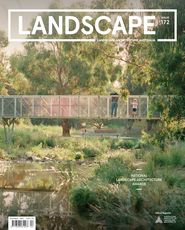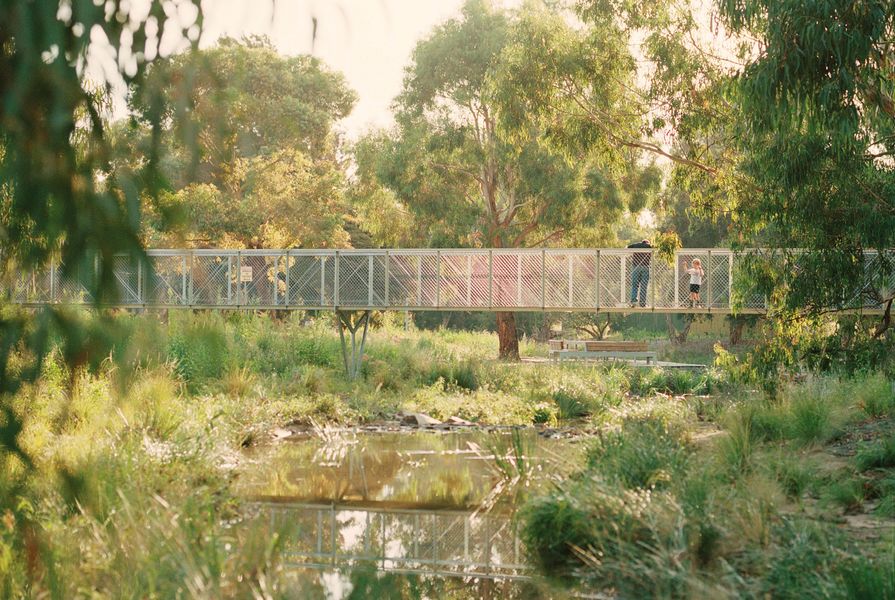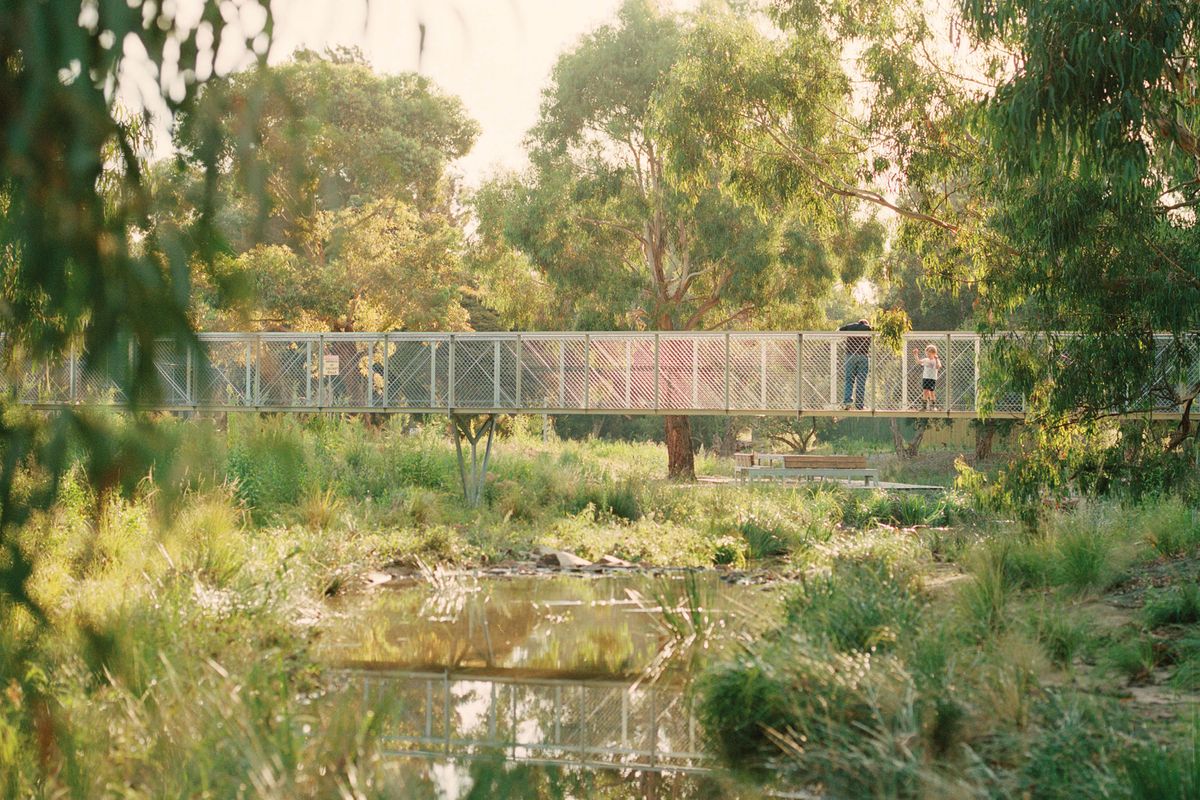Over the last six months, AILA, through our engagement with the International Federation of Landscape Architects (IFLA) Climate Change Working Group and Professional Practice and Policy Committee, has helped to develop the IFLA Climate Action Commitment. Now released for national association ratification, the Commitment is reproduced below. Particular thanks go to AILA members Martin O’Dea (Climate Positive Design Working Group Chair) and Verity Campbell for their contributions, and to all those who played a part in the development of this document and will further its ratification and implementation.
IFLA Climate Action Commitment
The climate crisis is escalating
The 2021 report of the Intergovernmental Panel on Climate Change (IPCC) described the looming crisis in global warming, and the resultant impacts it will have on environments and communities throughout our world. IFLA believes that the key to solving the climate crisis is vested in the reduction of emissions, in the resilience and transformation of human society and in the sustainability of the natural environment.
Landscape architects deliver climate solutions at scales that matter
Landscape architects are uniquely qualified to help prevent catastrophic global
environmental and societal breakdown. Through planning, design and management, our work protects and repairs global ecosystems; fosters human health, wellbeing and happiness; cools the environment and draws down atmospheric carbon.
Landscapes include complex, interactive systems that provide a wide range of goods and services. With 70 percent of global populations projected to be living in cities by 2050, holistic landscape interventions are critical to transformation and sustainability.
As a creative discipline we bring expertise on nature-based solutions, technological innovation, and strategic thinking that delivers for nature and people. We accelerate city afforestation to sequester carbon, generate urban biodiversity and protect cities from extreme heat – a growing threat to human survival. Beyond urban environments, we work at all scales: global, regional, local, and human, to strengthen, protect and enhance the wider functionality of ecosystems. We amplify biodiversity and societal prosperity, fostering resilient communities better prepared for a changing climate. Landscape architects connect people to nature and to each other to fulfil our deepest human needs.
IFLA is issuing a Call to Action
Society needs new approaches to decision-making, progressive policies, and a universal commitment to innovative ideas. In support of sovereign governments accelerating their Nationally Determined Contributions we call on our peers and allied professions to help strengthen our actions through interdisciplinary collaboration. With sustained private and public sector investment in transformative landscape projects, we can achieve the scale of renewal and restoration required.
Over 70,000 landscape architects around the world are taking action as global
citizens to limit planetary warming to 1.5 degrees Celsius.
As a global profession, we commit to:
Advancing the United Nations Sustainable Development Goals
Through each of the 77 nations represented by the IFLA, landscape architects within our member associations accelerate our work to repair global ecosystems.
Attaining global net zero carbon emissions by 2040
We will dramatically reduce operational and embodied carbon emissions produced
by our work, harness the unique capacity of landscapes to draw down carbon dioxide, and advocate for clean and multi-modal transport systems.
Enhancing the capacity and resilience of liveable cities and communities
By implementing green infrastructure approaches, landscape architects will work to mitigate urban heat island effects, and reduce the risks associated with fire, drought, and flood.
Advancing social wellbeing
Landscape architects will increase support for equity and equality, food security and the right to clean water and happiness for all.
Learning from cultural knowledge systems
We commit to respecting and working with indigenous cultural land management
knowledge to mitigate climate change impacts and continue work towards reconciliation.
Galvanizing climate leadership
Landscape architects are uniquely placed to galvanize and lead a built environment response to this crisis. We will continue to collaborate with clients, suppliers, and allied professions to champion climate-positive design.
The text of the IFLA Climate Action Commitment is reproduced here with permission from the International Federation of Landscape Architects (IFLA).
Source

Archive
Published online: 22 Oct 2021
Words:
Claire Martin
Issue
Landscape Architecture Australia, November 2021












